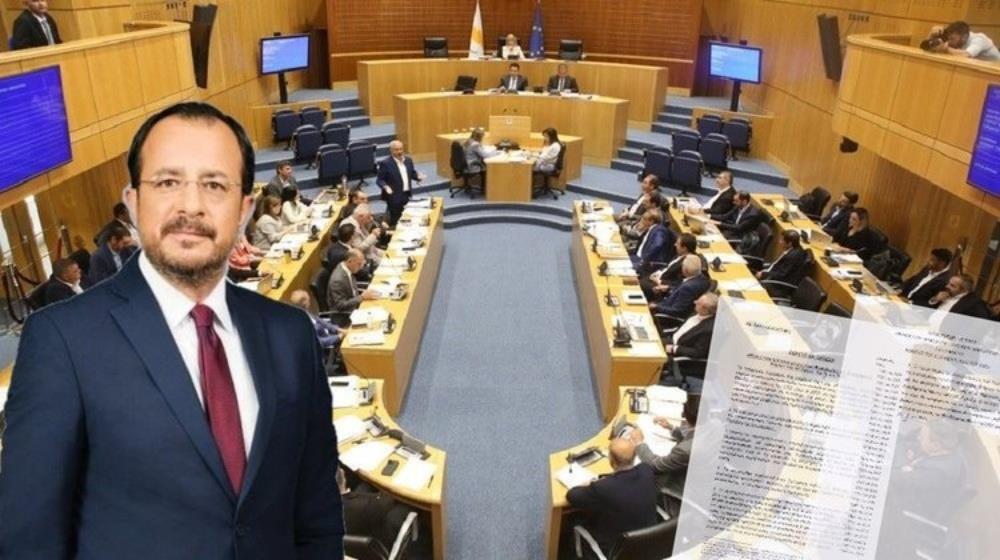The Government is promoting changes to the current legislative framework for the repatriation of talent or “brain gain” following the announcements made by the President of the Republic Nikos Christodoulides who will travel to London on 21 May, accompanied by businessmen, to meet with Cypriots working in the British capital.
The changes were incorporated into an amending bill, which was approved by the Council of Ministers on 24 April and submitted last Thursday, 8 May to Parliament for debate and vote.
The bill entitled "Income Tax Laws of 2002 to (No. 4) of 2025", as stated in the introductory report, constitutes an important action of the plan for the repatriation of talent, an initiative announced by the President of the Republic.
According to the report, the purpose of the bill is to provide tax incentives and other facilities for the movement of skilled workers, as well as the repatriation of Cypriots.
In compensation, it is emphasised, the gain for the Republic is that it will reap the benefits of the skills and experience of skilled workers, while at the same time expanding the tax base.
Additionally, the bill aims to expand and improve the existing tax framework, which was legislated in 2022, making it more attractive, flexible and accessible.
It is noted that the existing framework provides for the exemption from tax of 20% of the remuneration from first employment in the Republic or an amount of €8,550 (whichever is lower), by an individual who for three consecutive years, immediately prior to the commencement of his employment in the Republic, was employed outside the Republic by an employer not resident in the Republic and whose first employment in the Republic commences after 26/7/2022 and until 2027.
This exemption is granted for seven tax years, starting from the year following the year of employment in the Republic.
It is clarified that an individual is considered to have "commencement of first employment in the Republic" when, for the first time, after a period of fifteen consecutive tax years during which he did not perform any paid services in the Republic, he begins to perform paid services in the Republic either for an employer resident in the Republic or for an employer non-resident in the Republic, and the term "first employment in the Republic" is interpreted accordingly.
In terms of changes, the bill promotes the expansion of the existing framework in order to:
- increase the tax exemption rate from 20% to 25% of the remuneration from first employment,
- increase the maximum tax exemption amount from €8,550 to €25,000,
- to reduce the required time outside the Republic to receive the exemption, from 15 years to seven years (after completing their studies),
- Flexibility is provided in the criterion of employment outside the Republic, from three consecutive years required outside the Republic, to be applied for at least 36 months out of the last five years.
It is worth emphasising that the framework will be evaluated every five years, ensuring its dynamic adaptation to socio-economic developments and further strengthening the effectiveness of the measure.
(Source: InBusinessNews)









